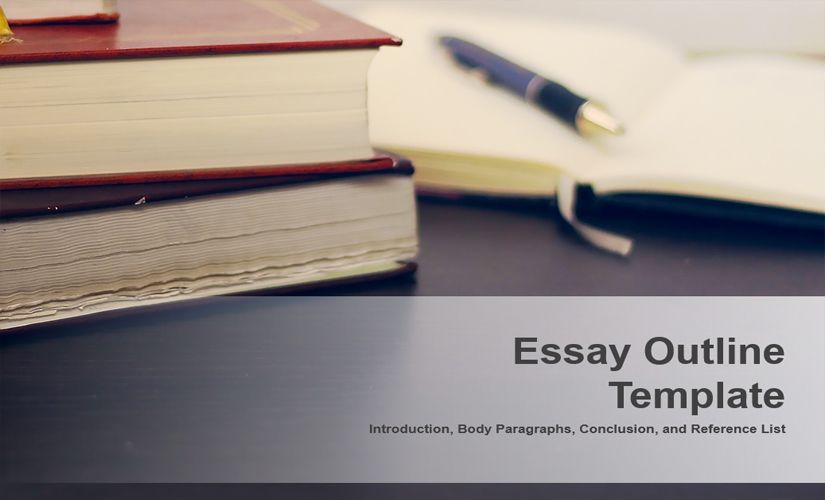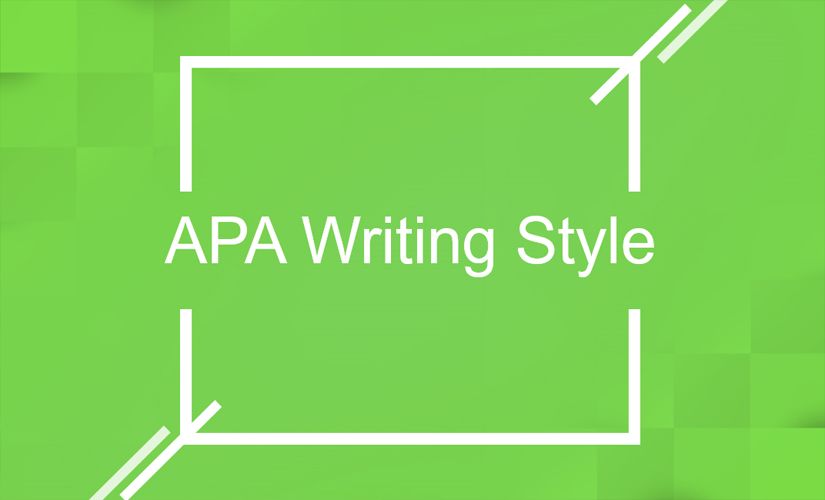Academic writing is a structured study written by scholars to explore a specific area of knowledge. Writing a critical essay is one example of such scholarly efforts. Basically, the purpose of academic writing is to support research questions factually. In this case, scholars objectively present information on a particular topic. Also, this type of writing presents new knowledge through a review of current ideas. Hence, people use contemporary literature as the foundation of academic work. As a result, it helps to advance understanding of concepts in a specific field of study. In particular, academic writing follows a formal structure, draws evidence from scholarly literature, explores an alternative explanation of theories, and relies on objective language.
Following a Formal Structure
Academic writing covers a formal essay structure to express ideas and arguments. For instance, academic papers include an introduction, a body, and a conclusion. This structure works well for exemplification essay topics. Basically, the introduction gives an overview of the topic and a thesis statement that guides the overall work. In this case, each body paragraph must expound on a single idea, covering the main claim. Moreover, the conclusion must recapitulate the thesis statement and summarize the ideas presented in the body of the work. Thus, effective academic works must follow the introduction, body, and concluding structure to express factual information.

Including Evidence From Scholarly Sources in Academic Writing
Academic writing must draw evidence from credible sources. For example, the authors draw in-text citations from trusted articles or references to support their arguments. Basically, writers make arguments and support them with existing research knowledge. In this case, academic papers require people to cite information obtained from reliable sources. As a rule, an academic paper must draw evidence from current and relevant research. Also, people can collect information from sources that cover concepts related to their topic of analysis. In turn, the used sources must contain the most recent knowledge. Thus, academic writing allows authors to support their arguments with relevant and current facts.
Exploring a New Implementation of Theories
Academic writing explores a unique explanation of theories. For example, scholars focus on improving current knowledge or encourage people to adopt a new understanding. Basically, people identify a knowledge gap. In this case, they gather relevant evidence to provide accurate solutions to the knowledge gap. Thus, academic papers must improve the current knowledge and offer new explanations and theories.
Using Objective and Focused Language
Academic writing relies on objective and focused language. For example, people must use a concise choice of words. In this case, readers must understand the language used in creating paragraphs in an academic essay. Also, writers must use simple words that convey their thoughts accurately. Particularly, academic papers must focus on the use of formal language. Along these lines, this work does not rely on slang language. Besides, people must avoid all forms of contractions in academic papers. Thus, academic writing requires accurate and focused language to communicate ideas.
Conclusion on Academic Writing
In conclusion, academic writing focuses on communicating thoughts and arguments that improve on the existing knowledge. Firstly, academic papers follow a formal essay structure that enhances the communication of new knowledge. As a rule, it requires an introduction that states the central claim, well-structured body paragraphs, and a conclusion. Basically, good papers include in-text citations from credible literature, which helps to authenticate arguments. Besides, the quality of academic papers forces people to use alternative explanations of theories and existing knowledge. Finally, academic writing uses objective and formal language that enhances the understanding of significant concepts.


